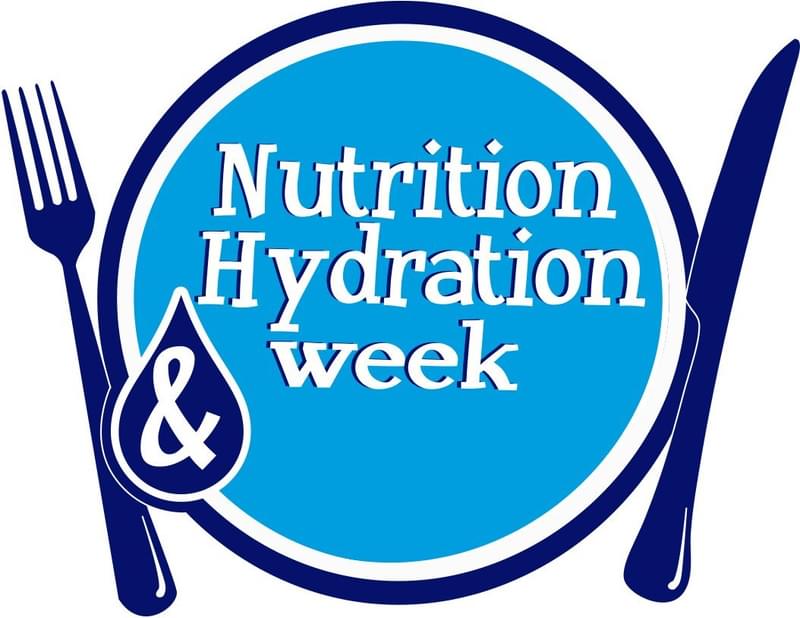
Posted on: March 10, 2017
Nutrition and Hydration Week 2017
BSNA supports high quality, safe nutrition and hydration for all patients and welcomes Nutrition and Hydration Week 2017.
Nutrition and Hydration Week aims to create a global movement that will focus energy, activity and engagement on nutrition and hydration as a core component to the maintenance of health and wellbeing, both nationally and globally.
Malnutrition affects at least 3 million people in the UK, around 98% of which occurs outside the hospital setting. Malnutrition and dehydration are both a cause and consequence of illness; ensuring that patients receive adequate nutritional intake is essential for improving their health outcomes.
Management of malnutrition supports not only positive health outcomes but reduces costs to the NHS, and should be an integral part of all care pathways. The public health expenditure associated with malnutrition is estimated at £19.6 billion per year in England alone. NICE recognises that the delivery of better nutritional care could be the sixth largest potential cost saving available to the NHS: NICE Quality Standard on Nutrition Support in Adults (QS24) clearly recommends that people who are malnourished or at risk of malnutrition have a management care plan that aims to meet their complete nutritional requirements and NICE Clinical Guideline 32 (CG32)supports healthcare professionals to identify malnourished people and helps them to choose the most appropriate form of support. NHS England’s Commissioning Guidance on Nutrition and Hydration also recognises that malnutrition and dehydration have a large impact on the health economy with increased demands on GP services, out-of-hours services and increased rates of transition across pathways of care. Unfortunately, all too often these guidelines and standards are ignored in practice. BSNA supports NHS England’s 10 Key Characteristics of 'Good Nutrition and Hydration Care' which requires that “all care providers have a nutrition and hydration policy centred on the needs of users, [which is] performance managed in line with local governance, national standards and regulatory frameworks”.
BSNA believes that high quality nutritional care should be at the heart of patient care. We champion the introduction of mandatory routine screening for malnutrition and its risk factors using a relatively simple screening tool such as ‘MUST’, developed by BAPEN. Patients who are malnourished, or at risk of malnutrition, should be provided with a care plan that is appropriate for their specific needs; this could include the use of food for special medical purposes, such as oral nutritional supplements (ONS), which are designed to meet the specific nutritional needs of malnourished patients. BSNA calls for ONS to be appropriately prescribed and used when needed and for patients to be regularly reviewed and monitored by a healthcare professional.
Nutrition and Hydration Week 2017 will be taking place from 13 to 19 March. More information about the campaign can be found on the Nutrition and Hydration Week website or on Twitter: @NHWeek #NHW2017 #NHWeek
For further information on BSNA’s work in understanding the burden malnutrition places on the NHS, see The Value of Nutritional Care in Helping the NHS to Deliver on the NHS Outcomes Frameworkand for more information on the value that ONS offers to patients see The Value of ONS.
